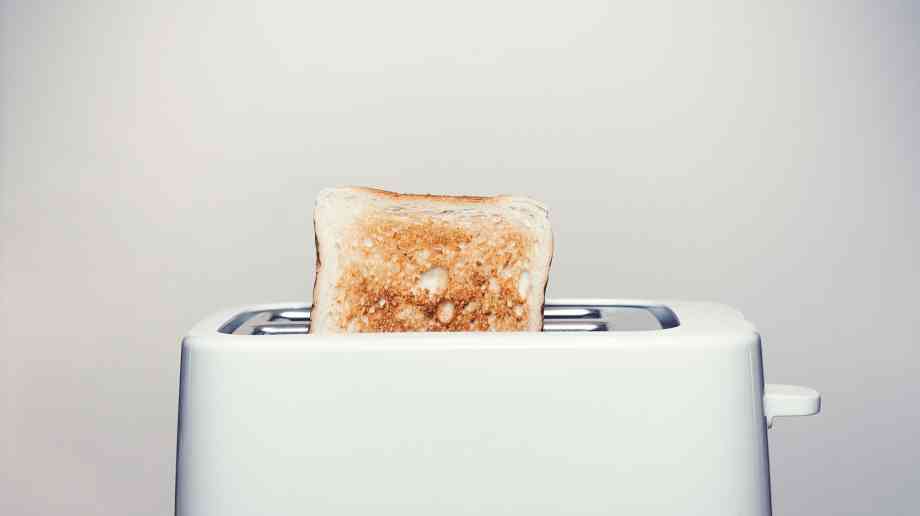Sue Robb of 4Children talks to Julie Laughton and Alison Britton from the Department for Education about the role of childminders in delivering the 30 hours free entitlement.
Pandemic leaving hard up families worse off

The Child Poverty Action Group has warned that the coronavirus pandemic has left low-income families struggling with a significant deterioration in living standards and high stress levels.
The charity’s new report, co-published with the Church of England, finds that eight in 10 hard-up families said they were financially worse off as a result of the pandemic, with just under half of those experiencing a new or worse debt problem.
Nearly nine in 10 survey respondents said they were spending substantially more than before on food, electricity, and other essentials –usually because they have been at home much more. Many families also said that the cost of food had gone up significantly during the early part of lockdown.
However, more than three-quarters of respondents said the coronavirus has affected their ability to pay for food (83 per cent) and utilities (76 per cent) and around half said it has affected their ability to pay for housing (47 per cent) and child-related costs (such as nappies or baby products, children’s clothes – 53 per cent).
Additionally, with almost half having had physical or mental health problems because of coronavirus, the Poverty in the pandemic report found that 23 per cent of those surveyed have experienced a relationship issue at home and 46 per cent have taken on extra caring responsibilities.
In light of the findings, Child Poverty Action Group and the Church of England call on the government to: increase child benefit by £10 a week and add an extra £10 a week to the child element within universal credit and child tax credits; extend free school meals to all families who are in receipt of universal credit or working tax credit, with a view to bringing in universal free school meals for all children in the long term; and abolish the benefit cap, or at least suspend it for the duration of the pandemic, to protect families whose employment has been disrupted by the crisis.
Alison Garnham, chief executive of Child Poverty Action Group, said: “Low-income parents have been living under a cloud of anxiety in lockdown -trying to find money for family basics as their costs have been rising. That’s taken a very heavy toll on the health and well-being of the worst affected parents and children.
"We all want to protect children and families from the effects of the coronavirus recession and to prevent a growth in poverty following the pandemic. But the support we offer low-income parents just doesn’t meet the additional costs of raising children and there was nothing in the government’s emergency support schemes to correct this shortfall. Child benefit alone has lost £5 of its value since 2010 because of sub-inflationary uprating and freezes. Re -investing in children’s benefits and widening access to free school meals should be the priorities now to protect family incomes and to support children’s life chances. As the government’s Covid-19 emergency support schemes are tapered away in the coming months, more help will be needed for struggling families who have lost jobs or taken income drops. Otherwise they will have only more hardship on their horizon.”
The report is based on a survey of 285 low-income families with children who are eligible for free school meals.
Company Focus
The Isuzu D-Max is a rugged workhorse that can fulfil a myriad of purposes as both a business and personal vehicle. Consequently, the D-Max is a particularly popular choice when it comes to farming, construction, and trade industries. Uncompromising in nature, the D-Max strives to be the ideal companion for many business needs.
Event Diary
UKREiiF has quickly become a must-attend in the industry calendar for Government departments and local authorities.
The multi-award-winning UK Construction Week (UKCW), is the UK’s biggest trade event for the built environment that connects the whole supply chain to be the catalyst for growth and positive change in the industry.
Supplier Profiles
Geo Energy
At GeoEnergy Design, we're on a mission to disrupt the traditional way heating and cooling ha
Latest Features
Professor Harith Alani, director of the Knowledge Management Institute at the Open University explains how AI can be used for good and bad.
Alex Lawrence, head of health & social care, techUK sets out techUK’s Five Point Plan for CareTech.

















